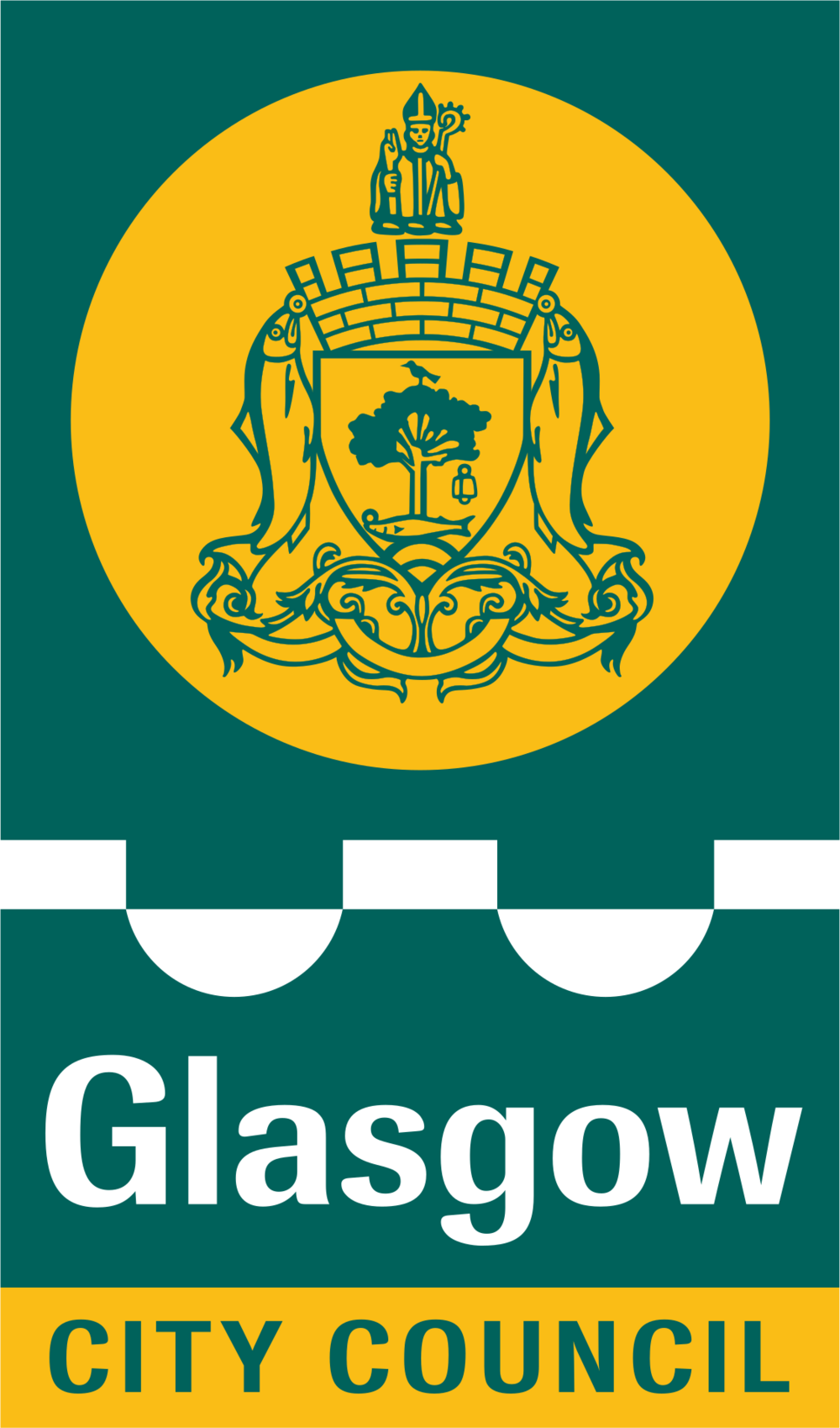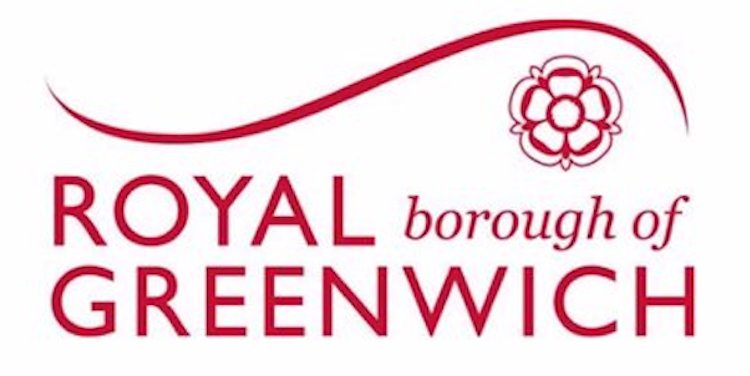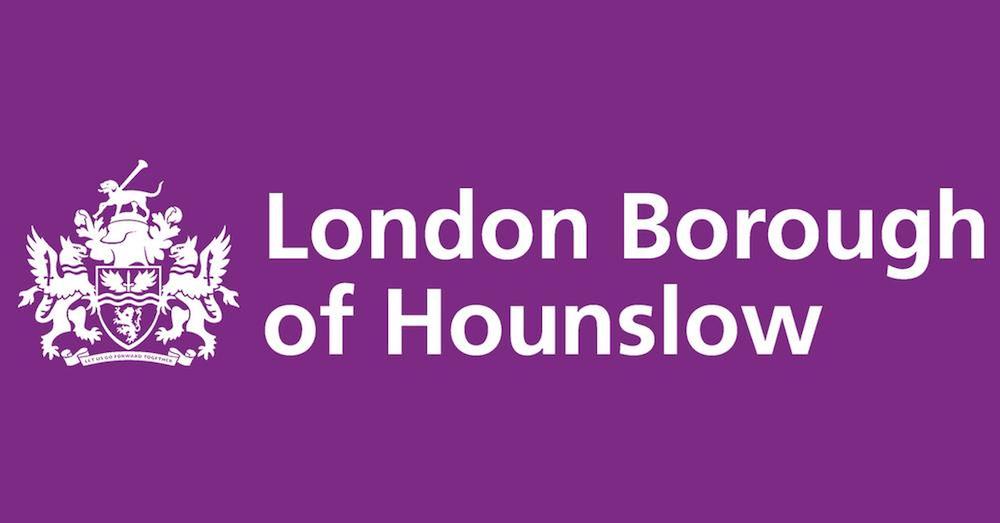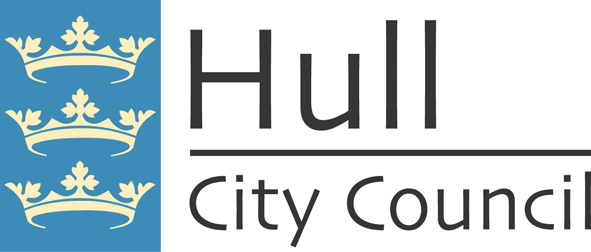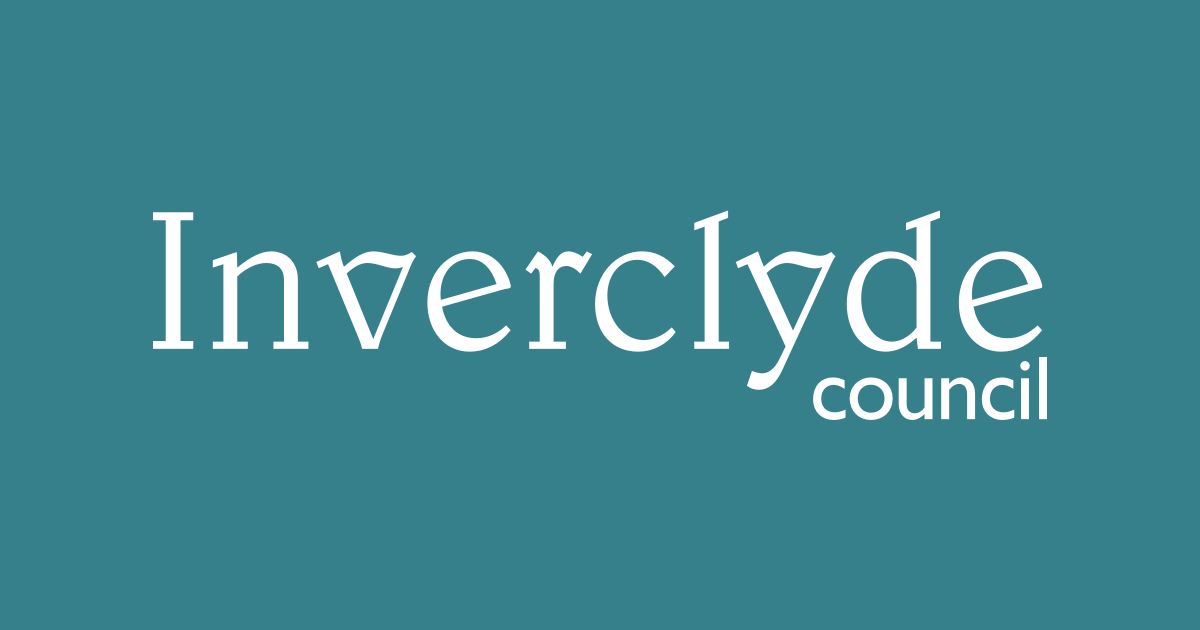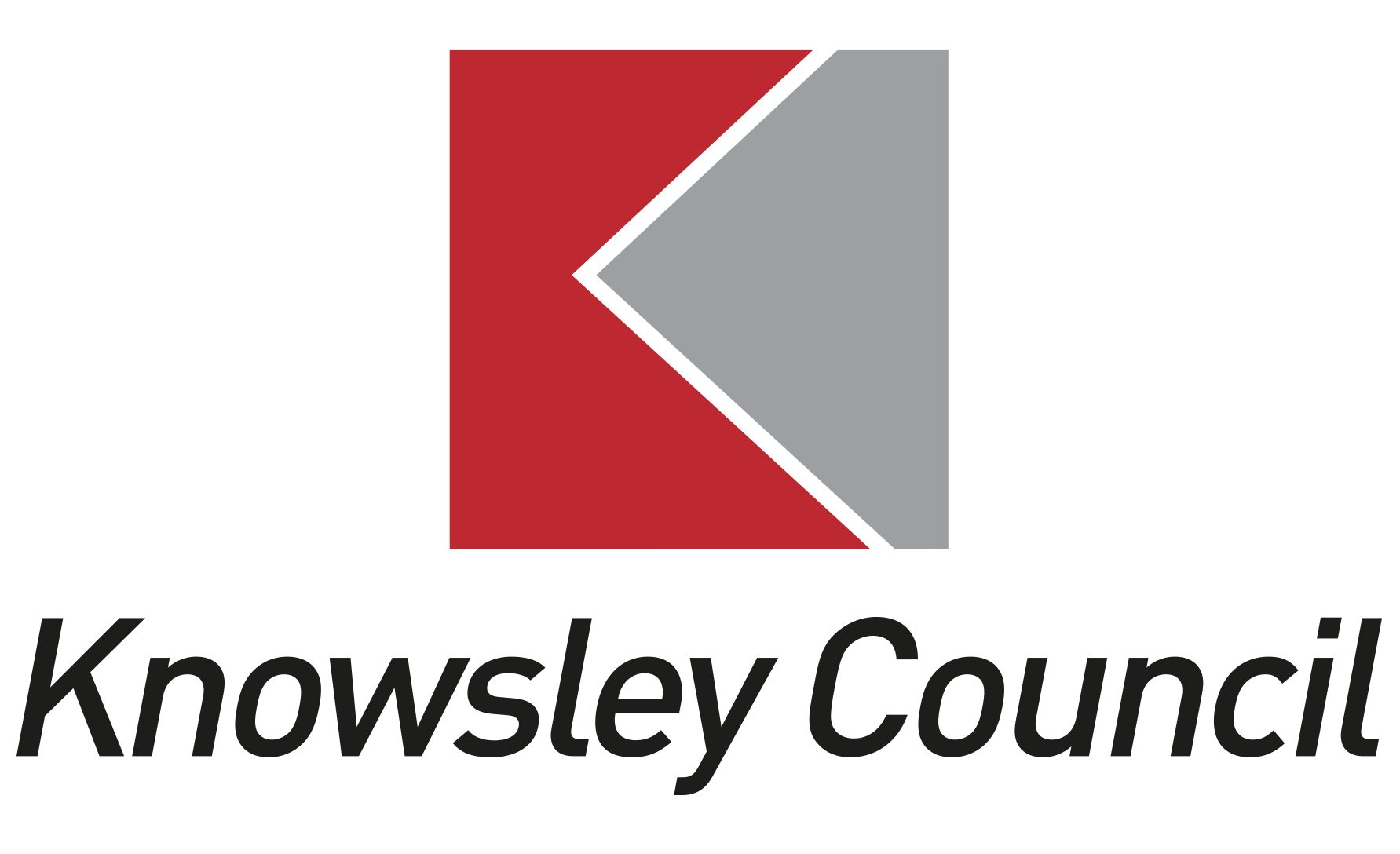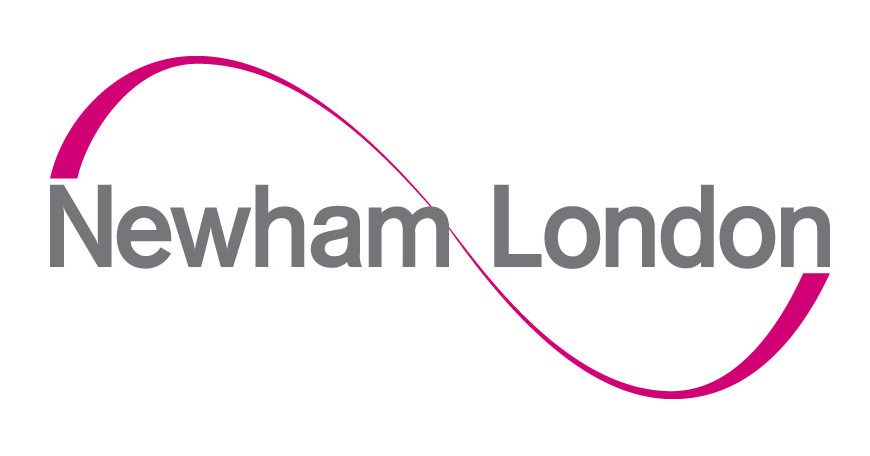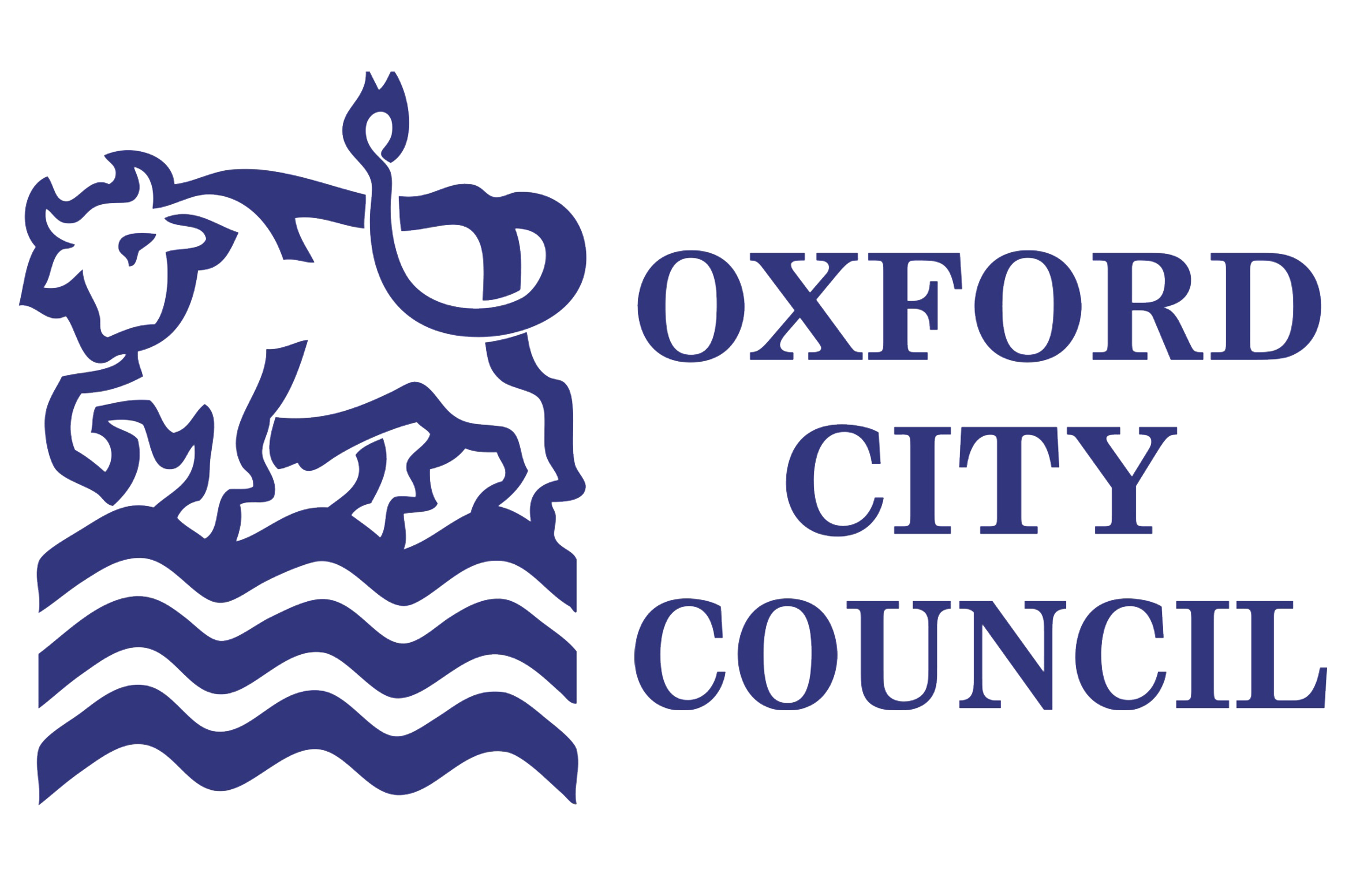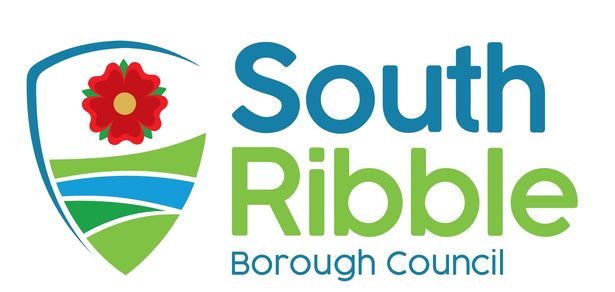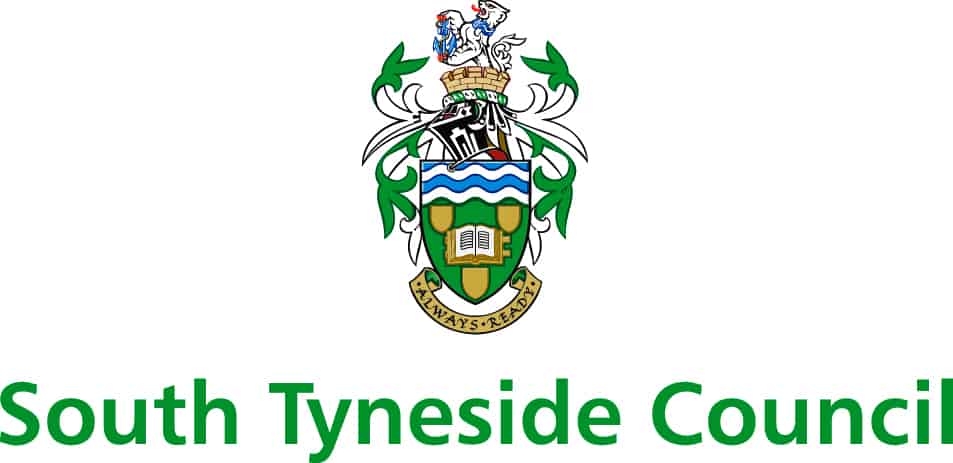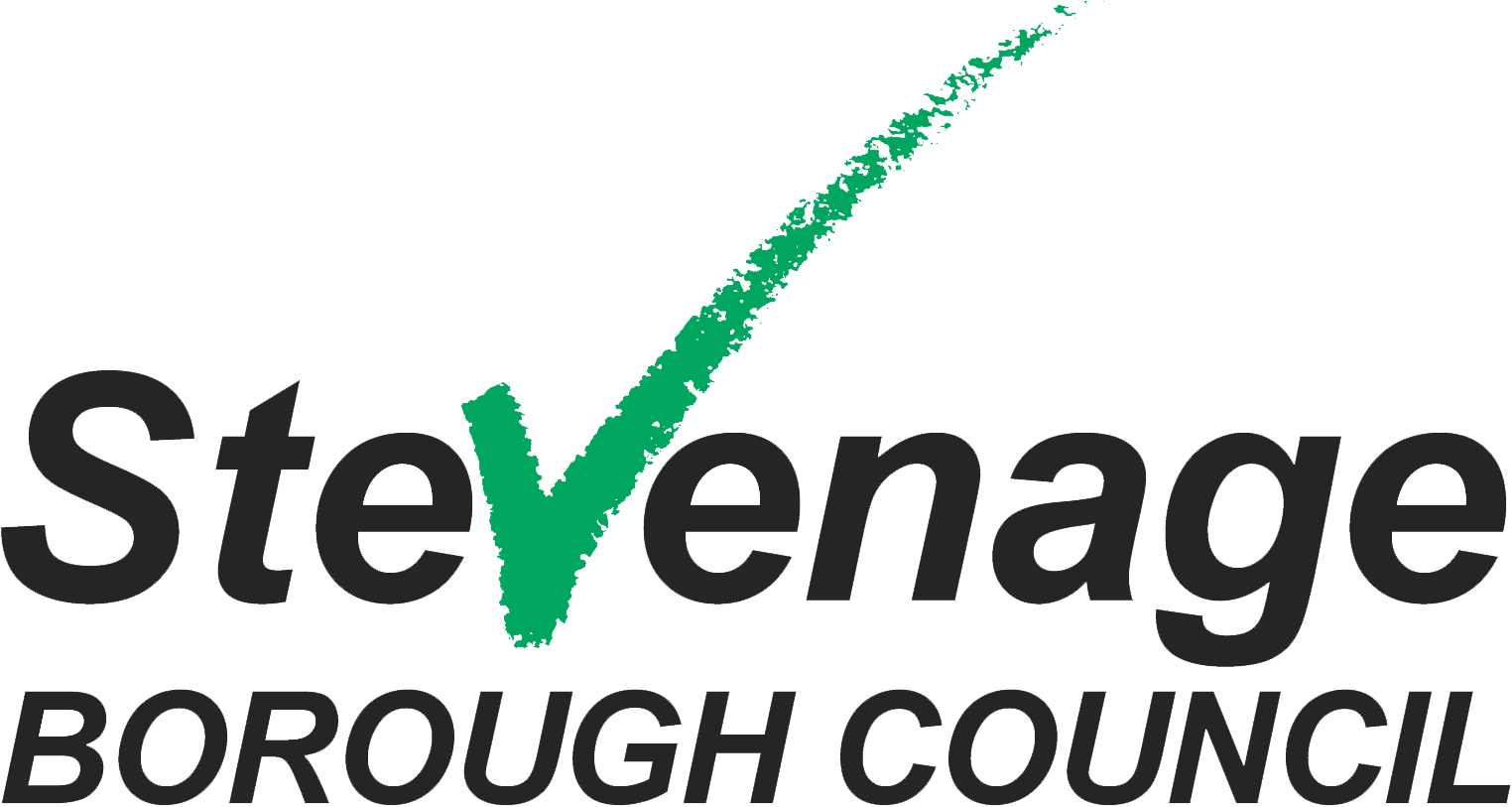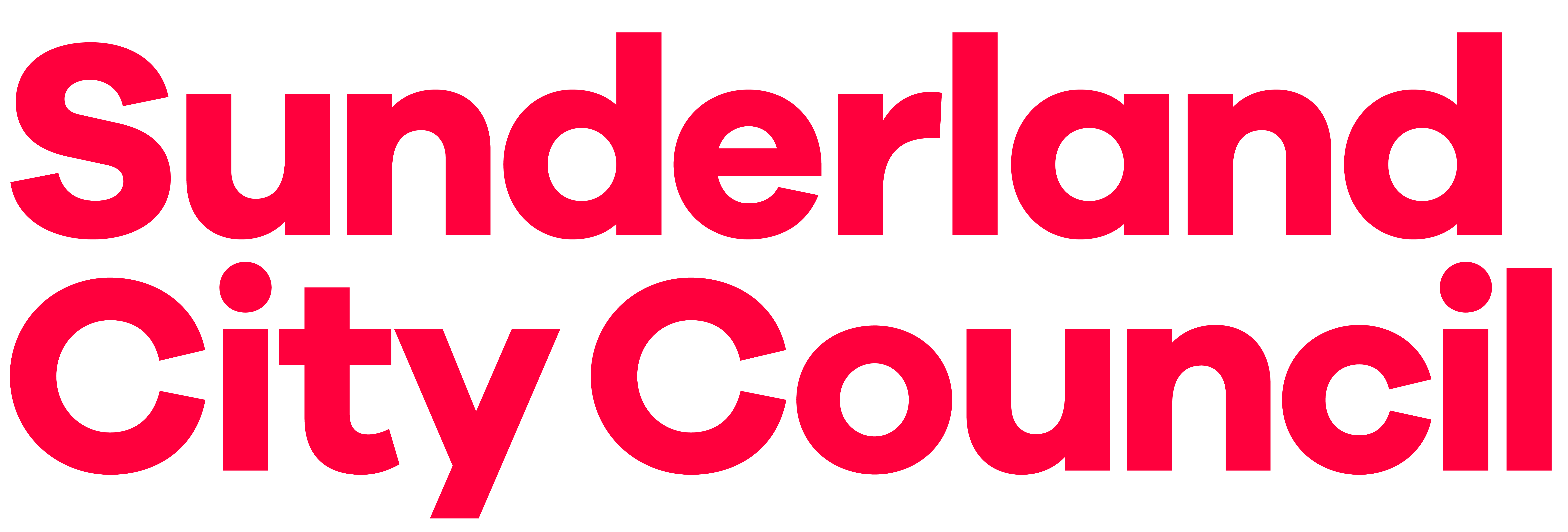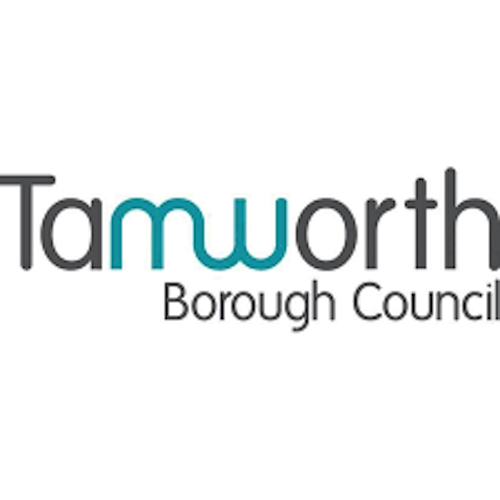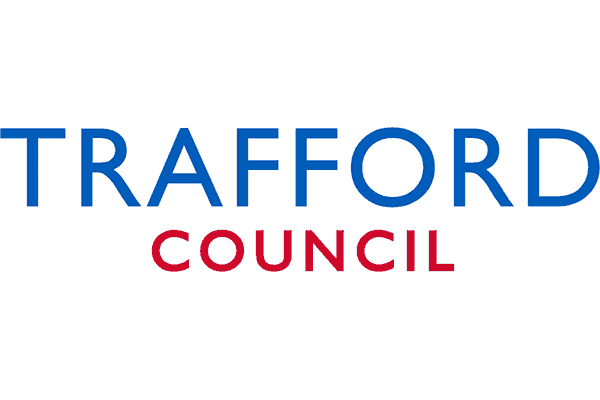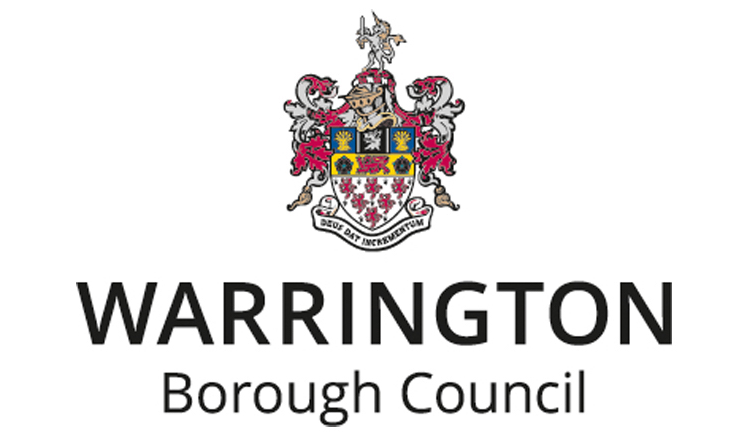What is a cooperative?
The International Cooperative Alliance defines a cooperative as: “an autonomous association of persons united voluntarily to meet their common economic, social and cultural needs and aspirations through a jointly-owned and democratically-controlled enterprise”.
Cooperatives are based on the values of self-help, self-responsibility, democracy, equality, equity, and solidarity. In the tradition of their founders, cooperative members believe in the ethical values of honesty, openness, social responsibility and caring for others.
Cooperatives operate on the seven principles defined by the ICA:
- Voluntary and Open Membership
- Democratic Member Control
- Members’ Economic Participation
- Autonomy and Independence
- Education, Training and Information
- Cooperation Among Cooperatives
- Concern for Community.
There are various types of cooperatives, including:
- Consumer Cooperatives: Owned and operated by consumers who use the cooperative’s products or services. Examples include retail cooperatives with the Coop Group being the most well known in the UK.
- Producer or Consortium Cooperatives: Formed by independent producers or workers to market products they produce or to purchase supplies collectively. Members may be independent businesses, organisations or individuals. Agricultural cooperatives are a common example, where farmers join together to sell their produce or buy inputs like seeds and fertilisers.
- Worker Cooperatives: Owned and operated by the employees. Each worker has an equal say in the cooperative’s decision-making processes, regardless of their level of investment or tenure. Calderdale-based Suma is the UK’s largest worker coop.
- Multi-Stakeholder Cooperatives: Involve more than one stakeholder group as members. For instance, a cooperative might have both consumers and producers as members, with each group having a say in the cooperative’s governance.
- Community Co-operatives: a group of people from a local community that own and run the business. The community may be geographical or based on a community of interest. This may be a village shop, pub, community space, or renewable energy coop. A community co-operative will normally operate for the benefit for the whole or most of the community.
Two other types of cooperative deserve a mention here too:
- Platform cooperatives: These are a type of coop that uses digital platforms to provide goods or services, such as online marketplaces, social networks, or peer-to-peer platforms. The platform is collectively owned and governed by the users, workers, or other stakeholders who participate in the platform. Platform cooperatives aim to create more democratic, fair, and sustainable alternatives to the dominant platform economy, which is often characterised by exploitation, monopolisation, and surveillance. Examples of platform cooperatives include:
- Fairbnb, a cooperative alternative to Airbnb;
- Stocksy, a stock photography platform owned by its photographers;
- Driver’s Seat, a data co-op for ride-hailing drivers.
- Federation cooperatives are essentially a cooperative of cooperatives. The federated cooperatives retain their autonomy and identity, but delegate some functions and decision-making power to the federation. The federation can provide services and support to its members, such as marketing, purchasing, advocacy, or education. The federation is also owned and controlled by its member cooperatives, who elect representatives to the federation’s board of directors. Some cooperatives that look to grow by replication through what might be described as a ‘strawberry patch model’ will often use a federation coop to maintain connection and create efficiencies. Examples of federation cooperatives include:
- Federal Retail Trading Services is a buying group for the 18 UK retail coops pooling their £8.5bn buying power. It is owned and controlled by its member societies but managed by the Co-operative Group on their behalf;
- Mondragon Corporation, a Spanish federation of industrial, financial, and service cooperatives;
- coop is a federation coop for cycle delivery platform coops. Cycle.coop owns, develops and maintains the platform technology used by their member coops removing this cost and responsibility from individual coops.
Cooperatives can take a range of legal structures including but not limited to Community Benefit Society (CBS) or Co-operative Society. Depending on their legal form they may be registered with the Financial Services Authority (FSA) or at Companies House. Some CBSs have exclusively charitable purposes but, in England and Wales, a charitable CBS cannot register as a charity with the Charity Commission. However, they can apply to HMRC to be recognised as an exempt charity for tax purposes.
Many community businesses are cooperatives operating under the CBS structure though others may use a Community Interest Company (CIC) or other legal structure.
Useful resources:
- See the cooperative case studies and associated resources below.
- Co-operatives Unleashed: Doubling the size of the UK’s cooperative sector, New Economics Foundation (2018).
- World Cooperative Monitor, ICA.
- A short guide to community business: What they are and how they make places better, Power to Change (2020).
- The Good Councillor’s Guide to Community Business, Plunkett (2020)









